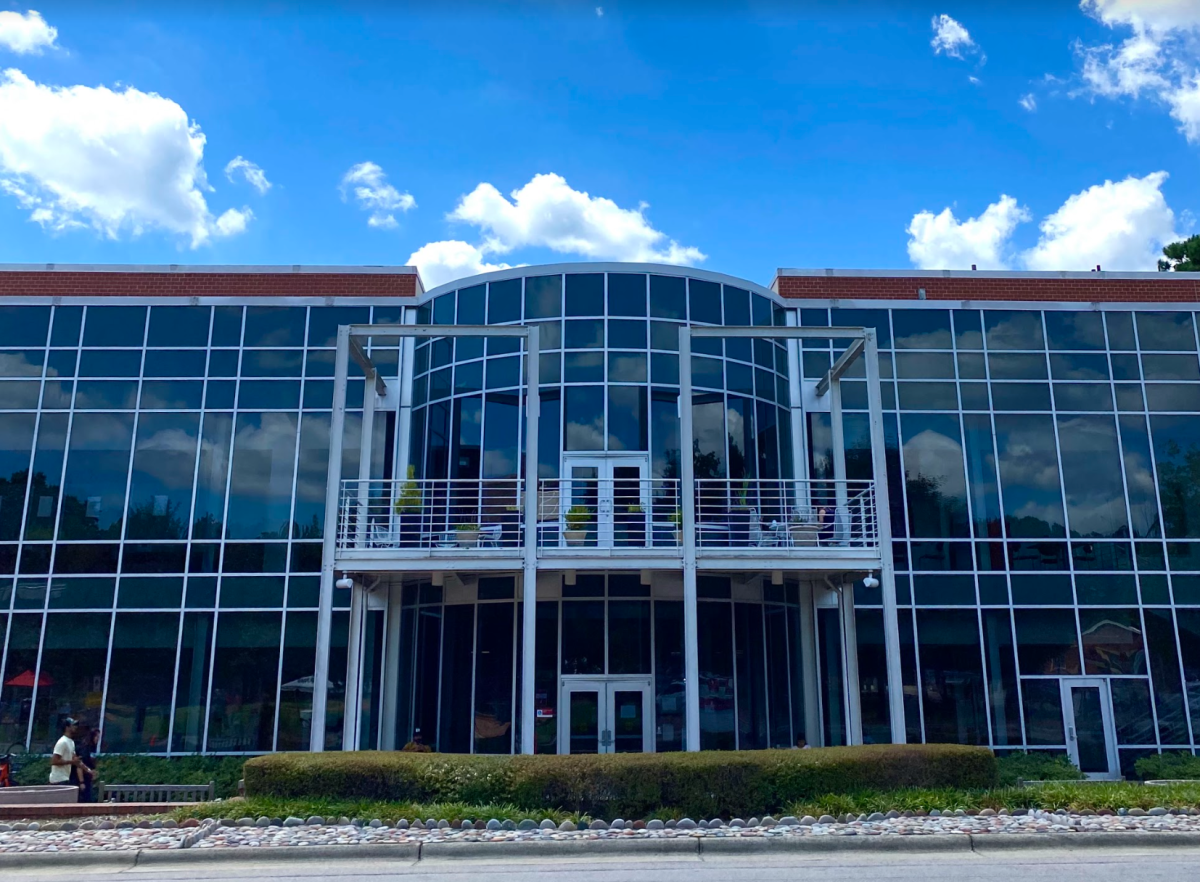Campus Health is staying up to date on the latest monkeypox virus resources and guidelines, following the lead of the CDC, the Wake County Health Department and North Carolina Department of Health and Human Resources.
The monkeypox virus is an Orthopoxvirus, a family of viruses also including smallpox. According to Tyler Pearce, assistant director of Community Health at Campus Health, monkeypox has been around for decades, but has mostly stayed in localized areas and is now making its way outside of those areas.
“It has spread into pretty much every continent and most countries throughout the world at this point, with most cases being, I think, in Africa, Europe and the U.S.,” Pearce said.
Pearce said monkeypox presents similarly to smallpox, but less severe. Symptoms generally present as typical sickness symptoms that are followed by a rash.
“You might feel fatigue, headache,” Pearce said. “A lot of people have muscle aches, exhaustion, a lot of those flu-like illness type symptoms, and then, usually it will progress into more of like scabs and lesions and a rash and things like that, that a lot of people are more used to seeing when they think smallpox. And those lesions and things can be kind of painful for individuals, and they can take quite a while — I think it’s like two to four weeks — before those lesions start to heal.”
According to Pearce, individuals with rashes are considered infectious until the rashes scab over. It is recommended that these individuals isolate until the scabbing happens.
“[Monitoring monkeypox is] a little bit different than monitoring for COVID,” Pearce said. “We actually have to do active monitoring; make sure that you are displaying symptoms, see if your lesions are starting to heal and scab over.”
Pearce said monkeypox isn’t as contagious as COVID-19. Catching the virus requires more direct contact and is much easier to clean off of surfaces.
“The general risk to the public, though, is still considered fairly low,” Pearce said. “You need direct contact to be considered a medium or high risk exposure. It’s very skin to skin contact, intimate contact. It’s not particularly airborne. It’s not particularly a well protected virus, so it’s very easy to clean; you don’t need special cleaners like you do for COVID. Any real EPA cleaner, Clorox wipes, anything like that works. And then just some infection prevention tips; handwashing is always number one for infectious diseases. Personal protective equipment, masks, gloves if you think you are near an infected person.”
Kaurwaki Babu, a second-year studying computer engineering and science, technology and society, said she is concerned about being in close contact with people in classrooms and through her work on campus.
“I work on campus as an IT support technician, so I have to meet a lot of people and touch their personal devices,” Babu said. “And since now, we’ve learned that it can spread through close contact, and it’s not necessarily like something that just transmits through intimacy. It’s something that you can get from random people that you don’t know, which makes it a lot more concerning when you think about how many people you interact with on a daily basis or campus.”
Babu said she feels there hasn’t been enough coverage and information being provided about monkeypox.
“I didn’t know a lot about it until a few weeks ago, mainly through social media, because I never really realized how much of an issue it was,” Babu said. “So I would say there’s a lot of gaps in my knowledge, probably because it’s not getting as much coverage. It has been over like the past two weeks, but it’s not being addressed as much as COVID was by the school and even by local news sources or anything like that.”
Pearce said information on the virus is being updated and changes everyday.
“We’re getting updated guidance everyday, so something I say [in this interview] might be different tomorrow,” Pearce said. “I was just on a national webinar right before I hopped on [this Zoom call], and they were all just talking about how they gave a presentation last week and their whole slide deck was outdated and they had to change everything for this week.”
Pearce said Campus Health is working with organizations on campus to spread awareness about the virus and resources available on campus.
“We started working with a lot of our affinity group leaders and different groups on campus like the GLBT Center … just kind of putting awareness messages out, trying to educate folks on what the monkeypox virus is, what it’s not, specifically sometimes, and making folks aware that the vaccine is available on campus if they meet criteria,” Pearce said.
Campus Health also offers monkeypox testing.
“We can test as well,” Pearce said. “We’ll do it here in-house. It usually takes about two to three days to get the results back … We’re pretty fortunate here that we have a full-scale lab and we have staff who can do the collecting and everything like that.”
Pearce said Campus Health has reserved isolation spaces, but they are very limited and will be used only for special cases.
“We are recommending that everyone isolate off-campus and at a permanent residence; kind of like we did at the height of COVID,” Pearce said.
If you have been exposed to monkeypox or think you’ve been exposed to monkeypox, call Campus Health at 919-515-2563 to set up an appointment to be tested. To learn more about monkeypox, visit Campus Health or North Carolina Department of Health and Human Resources websites.













